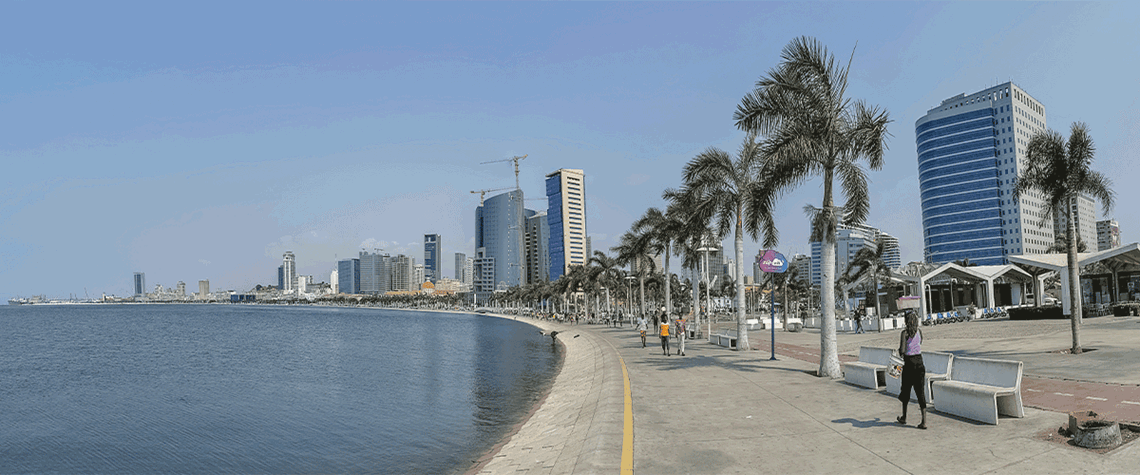Angola’s OPEC departure runs deep
Luanda’s decision to leave the influential group surprised many observers but may have been coming for some time
Angola announced its decision to withdraw from OPEC on 21 December, effective 1 January, after 16 years of membership. In an official statement, sub-Saharan Africa’s second-largest oil producer said that it “needs to concentrate its efforts on implementing the strategies defined in the National Development Plan for the national oil sector”. Angola’s minister of mineral resources, oil and gas, Diamantino Azevedo, said OPEC’s allocation at the end of November of a 1.11m b/d production quota "was not taken unanimously and went against Angola's position”, with Luanda instead targeting 1.18m b/d in 2024. OPEC’s revised quota “would force Angola to cut its production by 70,000b/d”, the statement f

Also in this section
25 July 2025
Mozambique’s insurgency continues, but the security situation near the LNG site has significantly improved, with TotalEnergies aiming to lift its force majeure within months
25 July 2025
There is a bifurcation in the global oil market as China’s stockpiling contrasts with reduced inventories elsewhere
24 July 2025
The reaction to proposed sanctions on Russian oil buyers has been muted, suggesting trader fatigue with Trump’s frequent bold and erratic threats
24 July 2025
Trump energy policies and changing consumer trends to upend oil supply and demand








